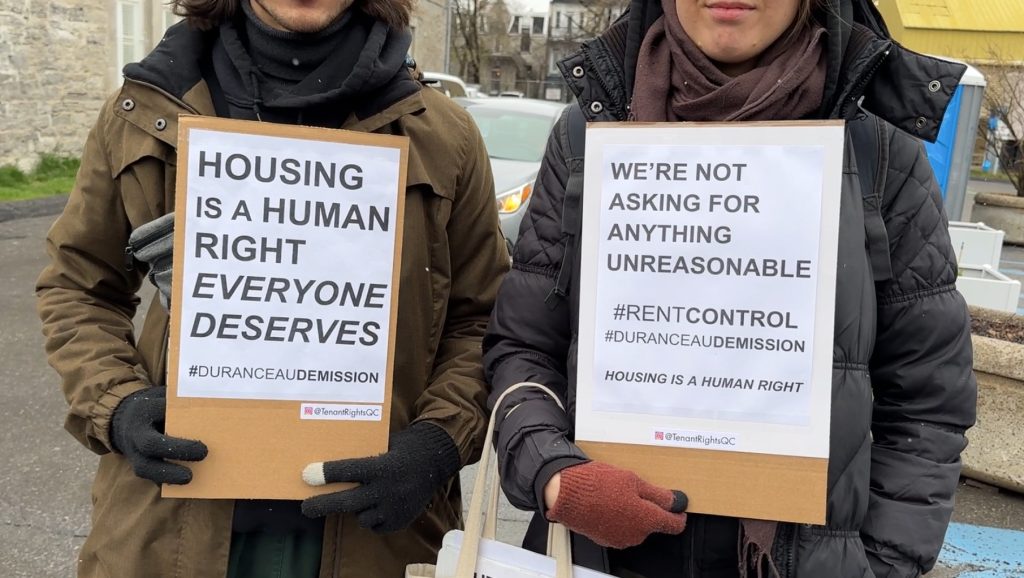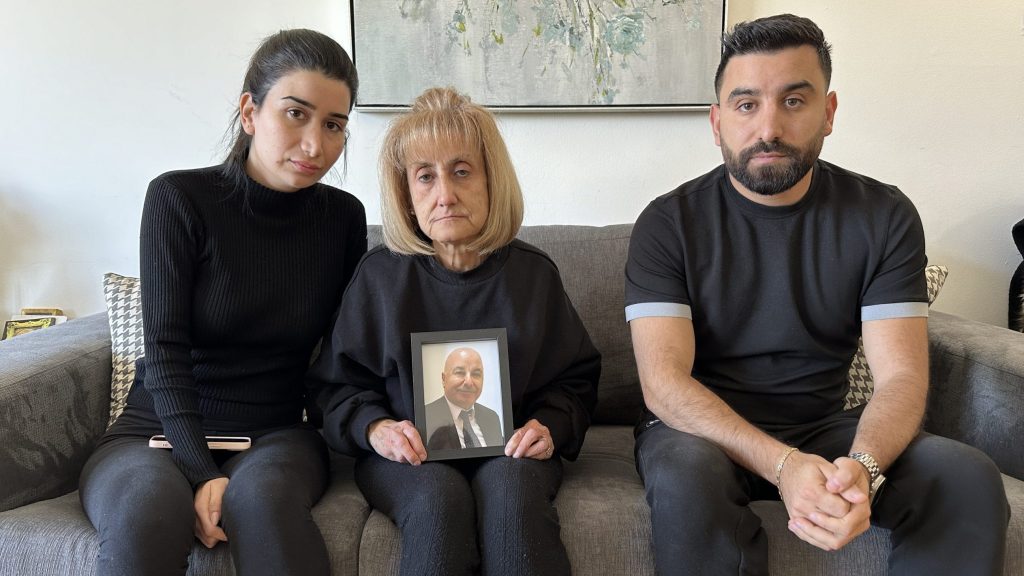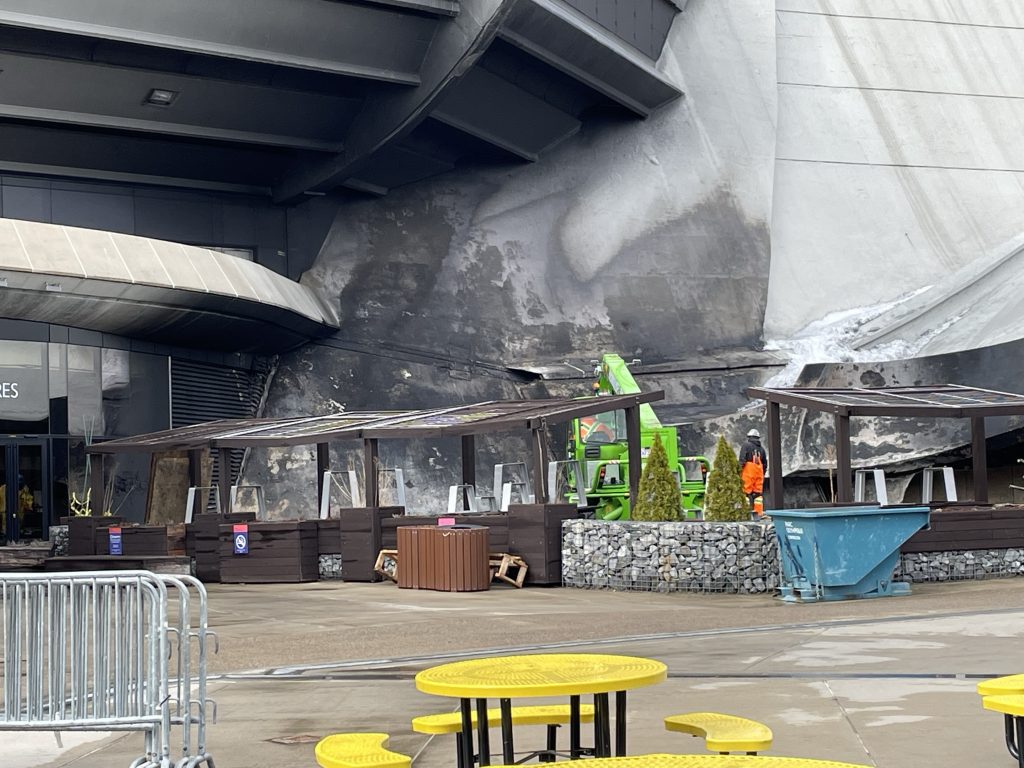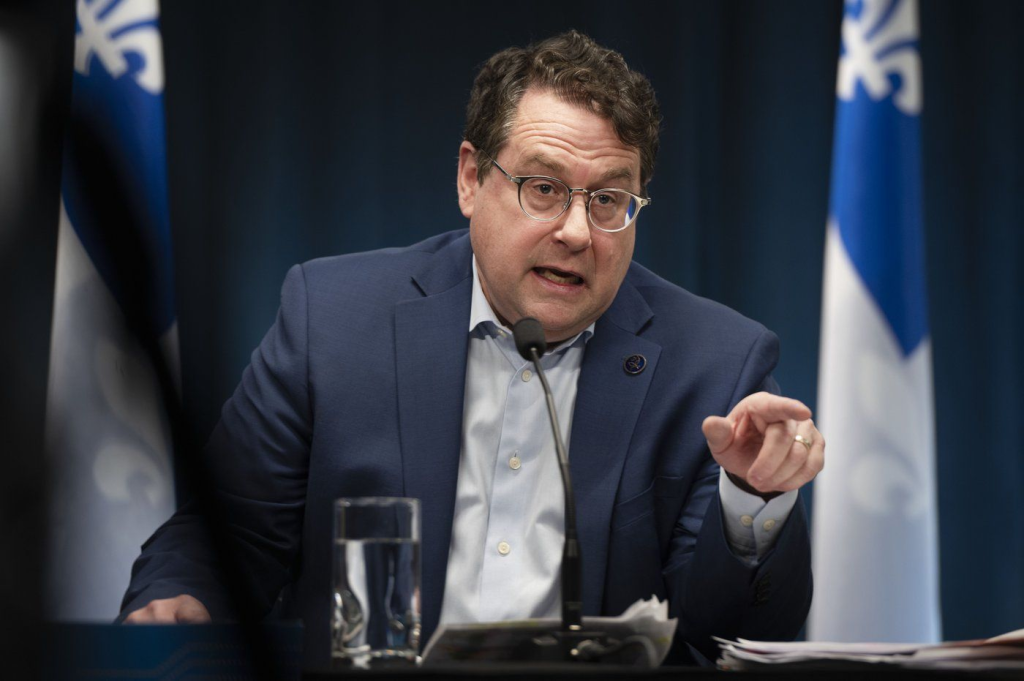Trudeau’s Liberals win, but fall short of majority in 2019 federal election

Posted October 21, 2019 5:12 pm.
Last Updated October 22, 2019 1:44 am.
A series of jarring scandals may have obliterated the honeymoon phase between Justin Trudeau and Canadians, but on Monday night voters once again put their faith in the increasingly-vulnerable Liberal Leader.
Trudeau may have ultimately weathered the SNC Lavalin affair and an ill-timed blackface scandal, but he didn’t come out unscathed — losing his party’s majority status in a tight race with Andrew Scheer’s Conservatives.
When he rose to power in the 2015 election, Trudeau was the new golden boy of politics and his victory was resounding.
This time around though, Canadians were a bit more hesitant.
The Liberals could only manage to secure a minority win in the 43rd general election after a tumultuous six-week campaign.
Polling throughout the campaign showed Scheer and Trudeau neck-and-neck, leading to speculation concerning who would form the next government, with the possibility of rare coalitions suddenly emerging.
With results still trickling in, the Liberals were elected or leading in 157 seats — 13 short of the 170 needed for a majority in the House of Commons — and may need the support of one or more opposition parties to govern.
“Tonight Canadians rejected division and negativity,” Trudeau said during his victory speech. “They rejected cuts and austerity and they voted in favour of a progressive agenda and strong action on climate change.”
“Tonight you are sending us back to work for you. We take this responsibility seriously and we will work hard for you, your families and your future.
“To those who did not vote for us, know that we will work every single day for you, we will govern for everyone.
“Ours is a team that will fight for all Canadians.”
The Conservatives were slightly ahead in the popular vote overall, but with so much of their vote concentrated in the two western provinces, they fell markedly short of the Liberals’ tally, taking just 122 ridings.
Addressing his supporters, an optimistic Scheer gave his party credit for preventing a consecutive Liberal majority.
“Tonight Conservatives have put Justin Trudeau on notice and Mr. Trudeau when your government falls Conservatives will be ready and we will win,” Scheer said.
“Not only have they (Liberals) lost over 20 seats, but Mr. Trudeau has also lost votes and lost support in every region of the country.”
“Tonight, we have accomplished what only two parties have ever done before by holding a first-term majority government to a minority.”
A resurgent Bloc Quebecois secured 32 seats, dashing Liberal hopes of making gains in Quebec that could have ensured a consecutive majority mandate.
Despite a strong campaign by NDP Leader Jagmeet Singh, who was re-elected in his B.C. riding of Burnaby South, his party was leading or elected in just 25 seats and was nearly wiped out in Quebec.
Despite those disappointing results, Singh was all smiles when he addressed his supporters.
“This has been an incredible journey,” he said to raucous cheers.
The fact that Trudeau will likely need his help to command the confidence of the House of Commons didn’t elude him.
“I spoke with Mr. Trudeau earlier tonight, and I let him know that we will be working hard on making sure we deliver the priorities that Canadians have.”
Follow live coverage from CityNews and 680 NEWS reporters below:
Leaders cast their votes
Trudeau voted in his Montreal riding of Papineau on Monday morning after flying back the night before from British Columbia, where he spent the final day of the campaign.
He was joined by his wife Sophie Gregoire Trudeau and their three children.
The Liberal leader, who came to power in 2015 on an inspirational promise of governing differently, suffered an uneven election campaign this time around thanks in part to revelations he wore racist makeup before entering politics.
The SNC-Lavalin affair also continued to dog Trudeau, as did anger among some progressives over his failure to reform the electoral system and his government’s decision to buy the Trans Mountain oil pipeline.
Scheer cast his ballot later in the day in Regina after also spending Sunday in Vancouver and B.C.’s Lower Mainland.
Like Trudeau, the Conservative leader faced challenges on the campaign trail, where he was seen as underperforming in the first French-language debate and faced pointed questions about his position on abortion and climate change.
The other leaders also sought to portray a Tory government as one that would cut services for Canadians after Scheer promised to balance the budget in five years, and he faced questions about his U.S. citizenship and claims to have been an insurance broker.
NDP Leader Jagmeet Singh, who spent the night in his B.C. riding after voting in last weekend’s advance polls, started the race facing questions about his leadership due to lacklustre fundraising, a shortage of candidates and other organizational challenges.
Bloc Quebecois Leader Yves-Francois Blanchet has overseen a surge in support in la belle province after his party was largely left for dead after abysmal results in 2011 and 2015 followed by years of infighting.
While many Quebecers say sovereignty is not a priority, Blanchet has been able to tap into the same nationalist sentiment that propelled the centre-right Coalition Avenir Quebec to power at the provincial level.
That resurgence has come at the expense of the Liberals, Conservatives and NDP, all of which entered the campaign hoping to win over Quebecers, who have historically played a major role in deciding the makeup of the government in Ottawa.
Meanwhile Green Leader Elizabeth May voted in her riding on Vancouver Island on Monday.
The Green party, which had hoped for a big breakthrough in this election, secured just three seats on the night.
Problems at polling stations
While voting was reportedly going smoothly across much of the country, Elections Canada confirmed problems with some polling stations that had caused delays in their being opened. Officials said these were isolated incidents.
There were also concerns about some voters having reportedly received robocalls in Nova Scotia, New Brunswick and Quebec with incorrect or misleading information about when and where they could cast their ballots. Elections Canada did not immediately confirm these reports.
The Liberals, meanwhile, were flagging concerns about some candidates from the other parties continuing to run advertisements on Facebook on Monday despite a blackout on paid social-media or search-engine ads on election day.
Elections Canada “doesn’t evaluate incidents in real time,” said spokeswoman Natasha Gauthier, adding complaints about potential ads running during the blackout period should go to the Office of Commissioner of Canada Elections, whose mandate is to investigate and enforce the rules.
“As with any general election, we have been receiving complaints about election advertising as well as advertising during the blackout period,” Myriam Crousette, spokeswoman for the Office of the Commissioner of Canada Elections, said in an email.
“However, the Office of the Commissioner does not confirm or deny whether we are in the process of conducting an investigation. This is in keeping with the confidentiality provisions of the Canada Elections Act.”
The Conservatives, NDP and Greens did not immediately respond to requests for comment.



